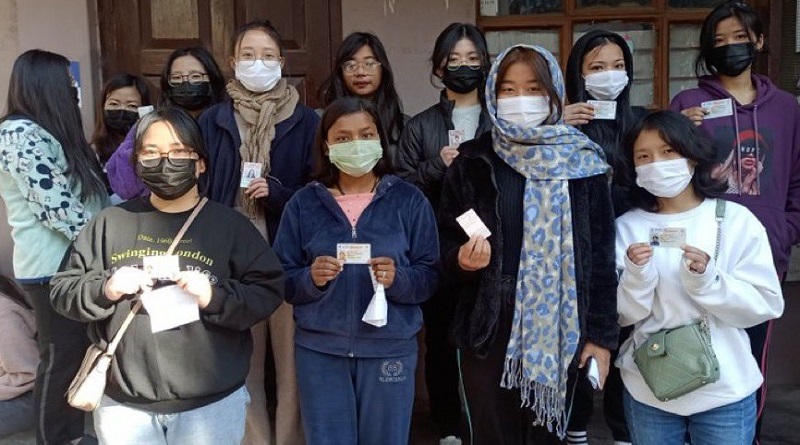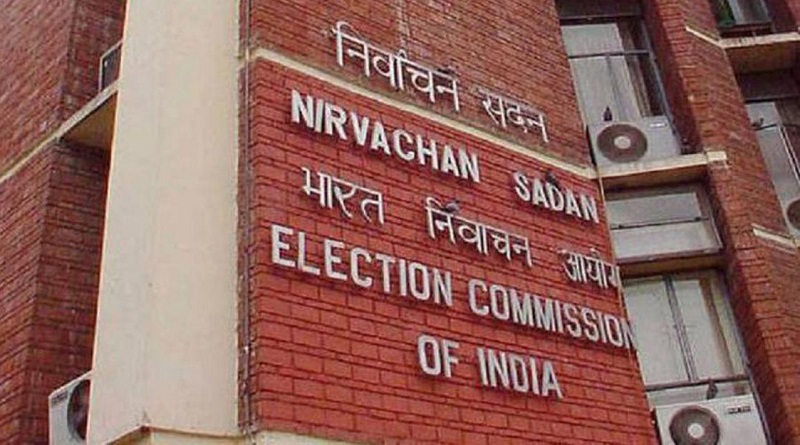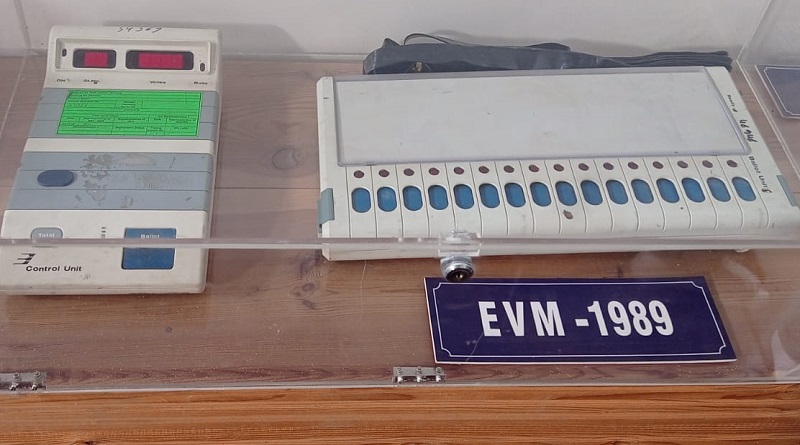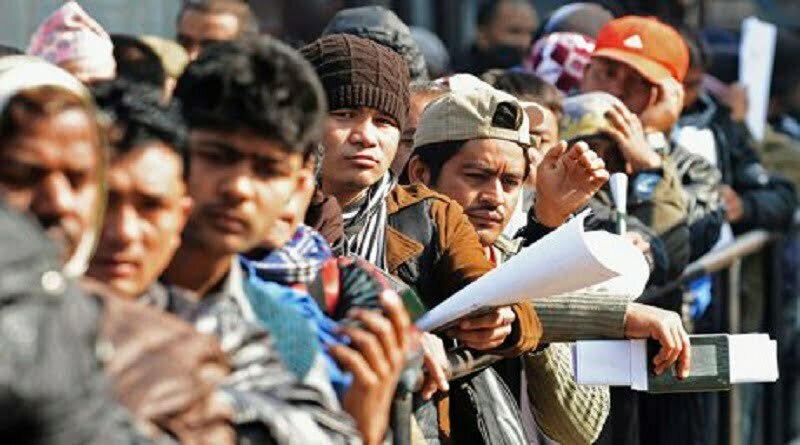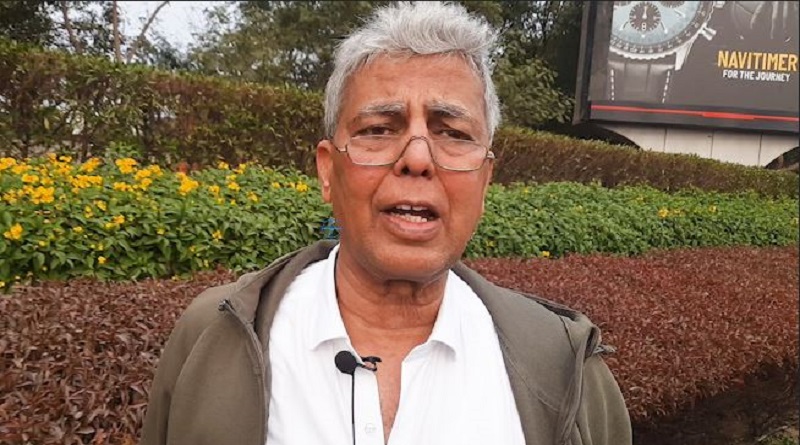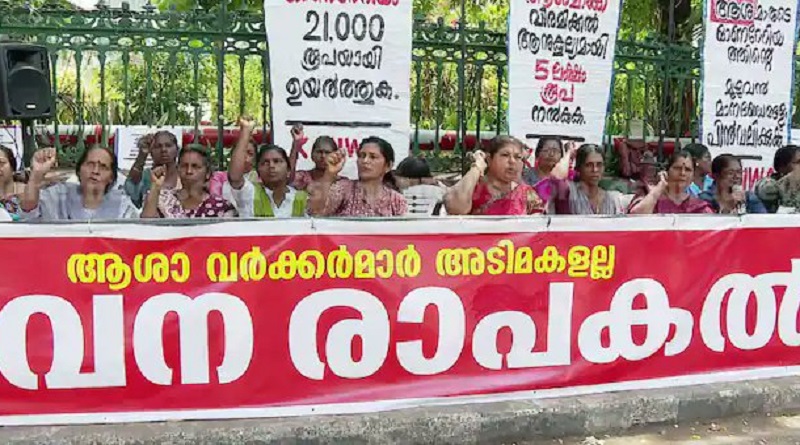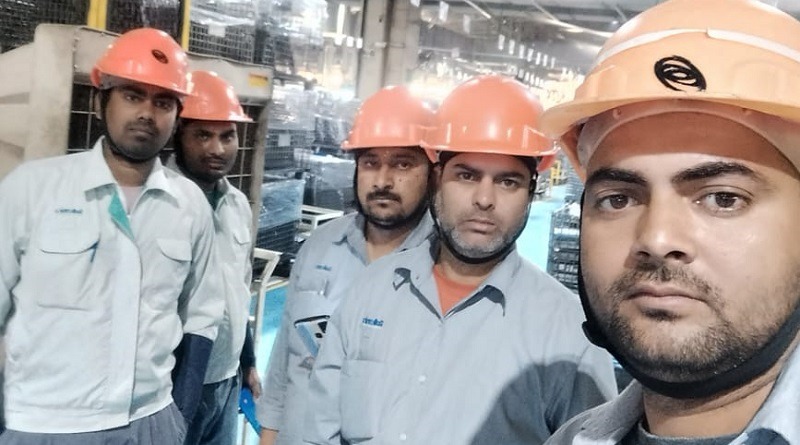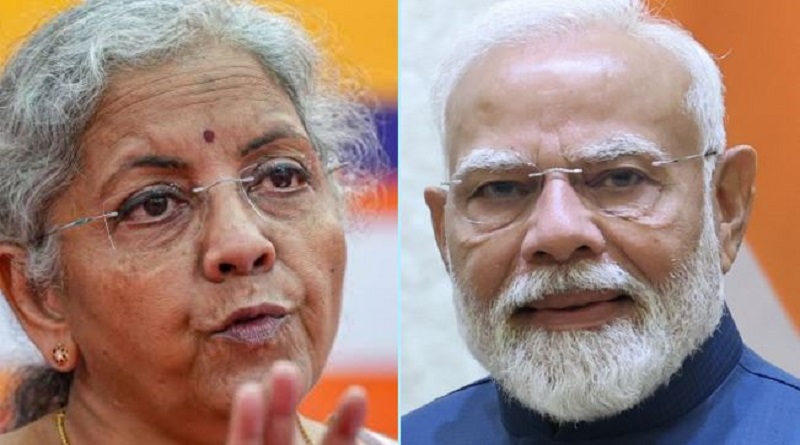Remote Voting Machine: Another malignant tissue in the Indian election scenario

By Krishnamurthy V.
During the Covid-19 pandemic, many starlets called for postal voting. This would mean implementing a western model to the 90 to 95 crore Indian voters.
The Election Commission was worried that the existing voting percentage is 61%.
The demand for Remote Voting Machines for migrant workers is applicable to a miniscule ratio of absentee voters. But it could become a very good instrument for the ruling party turn around the elections.
The case of Postal Voting in USA
In the past, USA has had an experience of postal voting at a massive scale, giving a window of 15 days or so to cast one’s vote. Associated Press, which monitored the percentage of votes, had faced many onslaughts from Republicans during the counting.
The format was also well prescribed with all details of the voter to be furnished. The interesting part of this story is that in few Republican dominated states, the United States Postal Service (USPS) delayed the movement of the postal votes, especially Georgia and a few more states.
In USA, traditional vote banks for Republican and Democratic party are well demarked. So, in many states this frustrated a large number of voters and encouraged them to boycott the polls. Trump wanted to destroy some courier vans delivering the voters’ postal covers. The US Supreme Court passed orders with stringent directives to speed up the delivery.
Eventually, Biden won the election with 306 electoral votes and 51.3% of the national popular vote, compared to Trump’s 232 electoral votes and 46.9% of the popular vote.
Trump cried foul and sent a violent troop of his supporters to the White House. This was similar to right wing President of Brazil Jair Bolsonaro, who in spite of rigging and oppression, lost the election to left politician Lula Da Silva. Trump’s supporters ransacked Congress, the top court, and the Presidential office. Of course, he failed in his coup.
Rigging of elections has a longstanding history in USA. Truckloads full of Republicans used to travel to various states and cast votes with pseudo identities. Bullish behaviours against Democratic voters to drive them back from the booth were often reported in every election. However, in 2020, due to the Covid-19 pandemic, and higher postal vote percentages, forced them to change this strategy.
Current provisions of Remote Voting in India
In India postal voting or remote voting is restricted to:
A. Armed service personnel,
B. Police on duty in other states,
C. Government servants posted abroad on election duty,
D. Voters who are 80 years and above, or persons with disabilities
E. Voters under preventive detention
Union government told the Supreme Court that it is considering Remote voting facility for Non-Resident Indians (NRIs), and also for migrant laborers. The proposal was mind boggling. A new Remote Voting Machine will allow them to vote from distant cities for their village candidates.
The government says that this will increase the voting percentage, and that it will save 90% of the cost of voting. But the question remains, will this also not increase fraudulent voting?
Remote Voting proposed in 2018
Election Commission (EC) officials recently proposed Remote Voting which will allow people to cast their ballot from their place of work. Section 20A of the Representation of the People Act, 1951 requires overseas electors to be physically present in their electoral constituencies to cast their votes.
The Bill passed in 2018 in the upper house removed this restriction, but lapsed with the dissolution of the 16th Lok Sabha.
There have been demands from a few political parties that the EC should ensure the definition of migrant workers and NRIs (Non-Resident Indians) who miss their franchise right of voting, as they cannot afford to go home during elections to exercise their franchise.
EC says that they should be allowed to vote for their constituency from the city where they are working. Voters migrate from the place of their original voter registration to other places for education, employment, trade, and other purposes, all of which should be considered in this category.
During the 2019 General elections, nearly 300 million citizens out of a total of 910 million electors did not cast their votes. But, the percentage of migrant voters among these non-voters was very low. In fact, many voted in two constituencies.
The ECI also noted the concern about low voter turnout in some of the metropolitan city areas, even though polling stations are set up within 2 km of any voter’s residence in urban areas. Further, the ECI claimed that large number of migrant workers have not registered themselves as voters.
Moreover, the usual mischief done by political parties results in deletion of large number of voters from the list, including those who have changed their residence or failed to refer to the voter lists.
During elections to stop mass voting to the opposition in some areas, particularly in the case of slum dwellers, voter IDs are captured and they poor residents are deprived of their right to vote. Once elections are over, these cards are returned with the promised cash.
Can remote voting by migrant workers solve the issue of voting apathy in urban India?
The need to address voting apathy, in urban areas has been felt for a long time. There are nearly 80 million migrant workers from the unorganised sector.
EC says that their franchise rights shall be ensured. However if remote voting is implemented, the process will be more cumbersome as voters registrations and deletions will have to be done at home, which will not make sense for the masses of migrant workers who reside away from home.
There is no penalisation or action against the officials who are corrupt and irresponsible. As reaching the migrants is not the duty of the EC, it can be anticipated that fictitious voters, almost like ghosts, will replace the migrant voters in the voters’ list.
One can also anticipate that several lakhs dead voters may come alive to vote on the day of the election, through proxy voting.
If the remote voting project is implemented, it will have far reaching ramifications. Many are optimistic that it will be another mileage to the democratic process.
But in practice, it can lead to more cases of booth capturing and fraudulent voting. With all the nefarious practices that are observed in elections now, there are more chances of fraudulent practices once remote voting is implemented.
Why remote voting for Migrant Workers can be anti-democratic?
1. Electronically processed votes after being sent with the preference of the voters may be interceded and replaced with alternative beneficiary . Fraudsters may actively list fake migrant labourers. Morever, if migrant workers are at home, how will they vote? Or migrant workers who are in transit, to who booth will they report for voting?
2. Indian elections have the structure where they vote for the Member of Parliament, and do not follow the Presidential form of elections. Migrants will have no judicial application of mind while choosing the candidate.
3. Moreover, we have witnessed a peculiar behaviour of migrant workers, as shared here. Migrant workers vote for local candidates in Karnataka and then leave to other states, Tamil Nadu, Andhra Pradesh, Bihar or UP, to exercise their right to vote, as voting in those centres is in a later phase.
They are provided travel costs plus payments for each vote. Local agents arrange for their second voter ID to remain active. They leave their daily wages for 5 to 10 days to travel with their family, enjoy their trip to their native place, and return at the cost of their preferred candidate or party.
4. Absentee voting is susceptible to all kinds of frauds. NRI voting or NRI funding to election funds of any party has never been in the interest of the state alone, and corporate interests are a part of it.
5. Positive publicity and sincere campaigns can be initiated with the help of social organisations to boost the voting percentage. Freedom of information and confidence in the democratic process can be improved by stopping misguided campaigns and lofty promises.
6. Filtering of candidates, who have criminal backgrounds and have charges of financial misappropriations of public funds, murder, or other personal and moral turpitudes, will result in restricting entry of undesirable candidates who normally demoralise the voters and demotivate them from voting.
7. Proposing political party should get a document signed along with the form B, that the charges or reports about their candidates are not personal/professional crimes, which are shaking the conscience of people.
Remote voting machine is an evil invention to malign the democratic process in the Indian election, which is already marred by the deteriorated campaigns and several immoral candidates. We must avoid implementing it, to protect the our democracy.
(Krishnamurthy V. is a retired banker from Bangalore and has extensively worked with bank employee unions and other Karnataka based movements. Editorial assistance for publishing his article was given by Riddhi from Workers Unity.)
Subscribe to support Workers Unity – Click Here
(Workers can follow Unity’s Facebook, Twitter and YouTube. Click here to subscribe to the Telegram channel. Download the app for easy and direct reading on mobile.)
